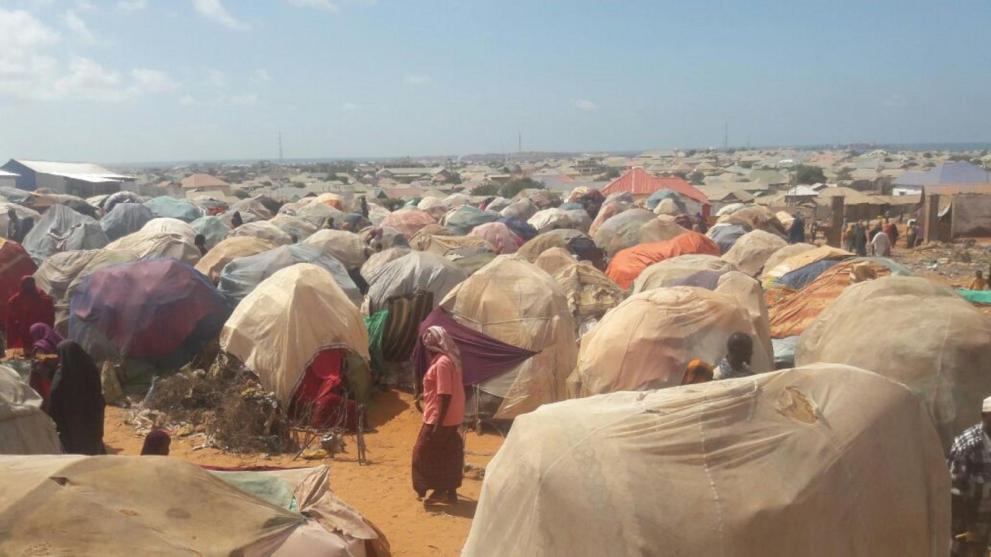
While insecurity and climate constraints were considered the main drivers, the search for a ‘better life’ was also a contributing cause, according to the study "Return and (Re) Integration after Displacement Belonging, Labelling and Livelihoods in Three Somali Cities".
Developed by the EU-funded Research and Evidence Facility (REF), the study examined return and displacement in the cities of Mogadishu, Kismayo and Baidoa in Somalia. It was based on interviews with over 330 returnees, internally displaced persons (IDPs), refugees, returned diaspora, and deportees, plus one hundred key informants. REF Team Leader Laura Hammond said that “this research points to the need for greater coordination and assistance based on need rather than different approaches to different groups.”
Key findings of the research include:
- Most people attributed their movement not to a single cause, but to a variety of factors. The layering of motivations for movement complicates conventional concepts of forced and voluntary movements which seek to explain and categorise people by identifying single drivers.
- How and why people have moved greatly influences their experiences and the extent to which they are vulnerable to different forms of hazards, including impoverishment, eviction, hunger, violence and insecurity. In general terms, IDPs are exposed to the highest levels of vulnerability, followed by refugees, returnees, deportees and diaspora.
- Security and protection are key issues for all respondents, but especially for male IDPs, high-profile diaspora returnees, and women and girls in IDP/returnee settlements.
- While some displaced people may feel alienated from the physical place they have moved to, they do express a sense of belonging to each other through a redefined sense of community and identity in displacement based on shared experiences. The fact that belonging can be associated with people (rather than connection to a physical place) explains why successful integration does not necessarily entail the end of mobility.
Background:
Somalia is experiencing a complex situation of protracted and new internal displacement, organised and spontaneous repatriation of refugees, people returning from the diaspora, and arrival of deported asylum seekers and migrants from other countries. The enormous scale of these movements towards major cities has led to overcrowding and added pressure on infrastructure, housing and services.
You can read more here:
Return and (Re)Integration after Displacement – Executive Summary
Details
- Publication date
- 17 July 2018
- Region and Country
- Somalia
- Partner
- Sahan Research
- International Migration Institute, University of Oxford
- School of Oriental and African Studies, University of London
